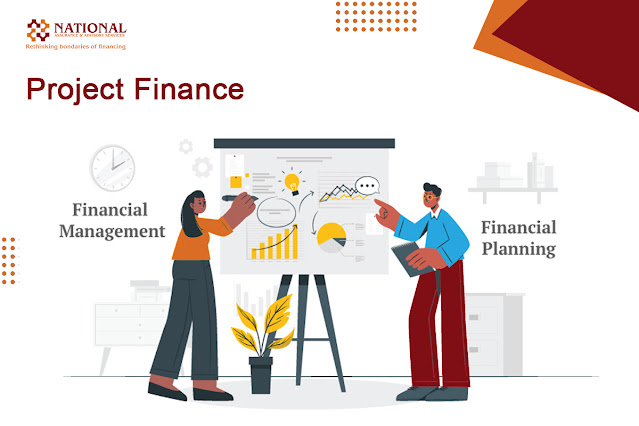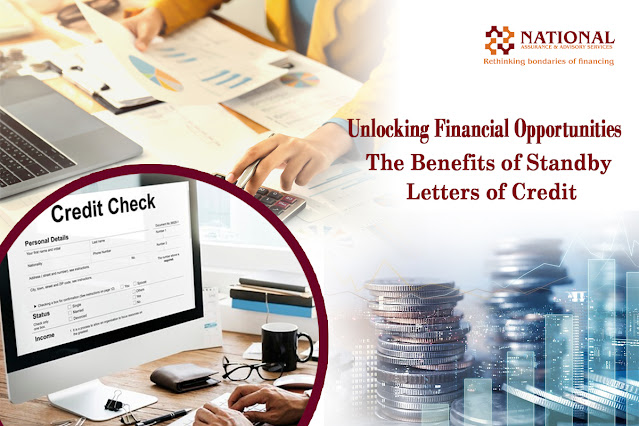In the dynamic world of entrepreneurship, having a well-crafted business plan can mean the difference between achievement and failure. A marketing strategy serves as a strategic blueprint, guiding entrepreneurs toward their goals and assisting them to navigate the demanding situations that lie in advance.
A stable business plan serves as a magnet for capability
buyers, companions, and lenders. It instills self-assurance through showcasing
a deep knowledge of the marketplace, customers, and opposition. A nicely
organized monetary phase in a business plan creates transparency and
credibility. Astute traders look for info concerning projected sales, coins
float, and expenses, enabling them to make knowledgeable choices. For
entrepreneurs seeking investment, a compelling business plan is the important
thing that opens limitless possibilities for the boom.
A strong marketing strategy acts as a blueprint, charting
out a step-by-step framework for achievement. It breaks down goals and
establishes sensible timelines, ensuring that every department is operating in
harmony. By having a comprehensive understanding of the target market, an
agency can tailor its advertising techniques, allocate resources correctly, and
optimize patron acquisition. Regularly revisiting the business plan permits
marketers to evolve to marketplace tendencies and evolving purchaser needs,
ensuring sustainable increase.
Planning for the future involves assessing potential risks
and formulating contingency plans. A well-structured business plan anticipates
demanding situations and presents solutions, making sure that companies can
withstand unexpected limitations. By figuring out capability risks early on, a
company can proactively put into effect danger mitigation strategies, along
with securing insurance or diversifying sales streams. Moreover, a marketing
strategy helps identify capability threats inside the competitive landscape,
allowing entrepreneurs to live one step ahead of their opponents.
A business plan
not only acts as a manual for marketers but additionally evokes and aligns
their team individuals. By clearly outlining roles, responsibilities, and
expectations, a business plan fosters a sense of shared purpose amongst
personnel. It turns into an effective tool for recruiting pinnacle expertise,
as it demonstrates the enterprise's dedication to growth and its capacity to
reach milestones. With a stable plan in the region, entrepreneurs can
strategically build a group that enhances their vision and drives the business
ahead.
A well-crafted marketing strategy is the backbone of any hit
task. It affords the roadmap and course for accomplishing objectives whilst
attracting buyers, mitigating risks, and provoking groups. Entrepreneurs who
treat their marketing strategy as a dwelling fire to be refined and revisited
frequently role themselves for greater fulfillment and sustainable boom.







